BRIEF RESEARCH REPORT
Published on 11 Nov 2021
Dentists as Primary Care Providers: Expert Opinion on Predoctoral Competencies

doi 10.3389/fdmed.2021.703958
- 4,681 views
- 4 citations
13k
Total downloads
87k
Total views and downloads
Select the journal/section where you want your idea to be submitted:
BRIEF RESEARCH REPORT
Published on 11 Nov 2021

EDITORIAL
Published on 08 Nov 2021
REVIEW
Published on 29 Sep 2021
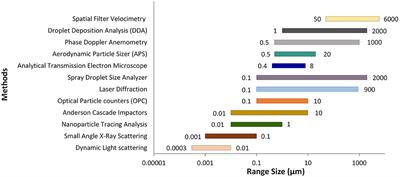
POLICY AND PRACTICE REVIEWS
Published on 21 Sep 2021
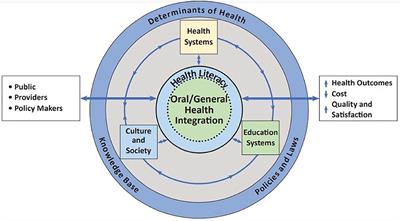
CASE REPORT
Published on 18 Aug 2021
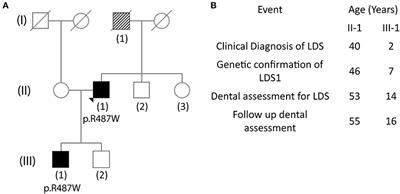
PERSPECTIVE
Published on 09 Aug 2021
PERSPECTIVE
Published on 29 Jul 2021
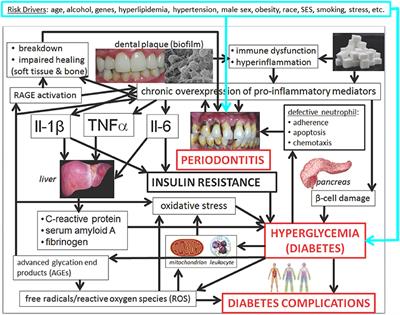
CASE REPORT
Published on 22 Jul 2021
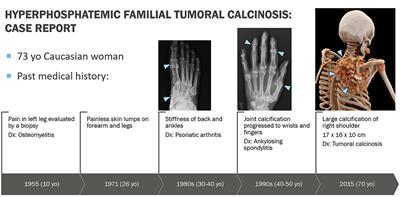
PERSPECTIVE
Published on 05 Jul 2021
ORIGINAL RESEARCH
Published on 02 Jul 2021
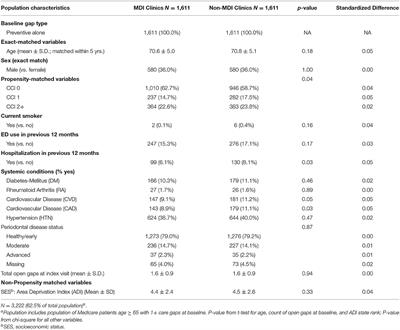
PERSPECTIVE
Published on 22 Jun 2021
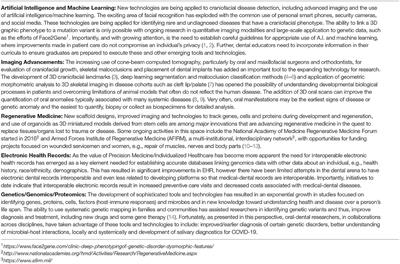
ORIGINAL RESEARCH
Published on 09 Jun 2021
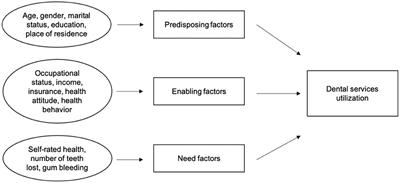

Frontiers in Oral Health